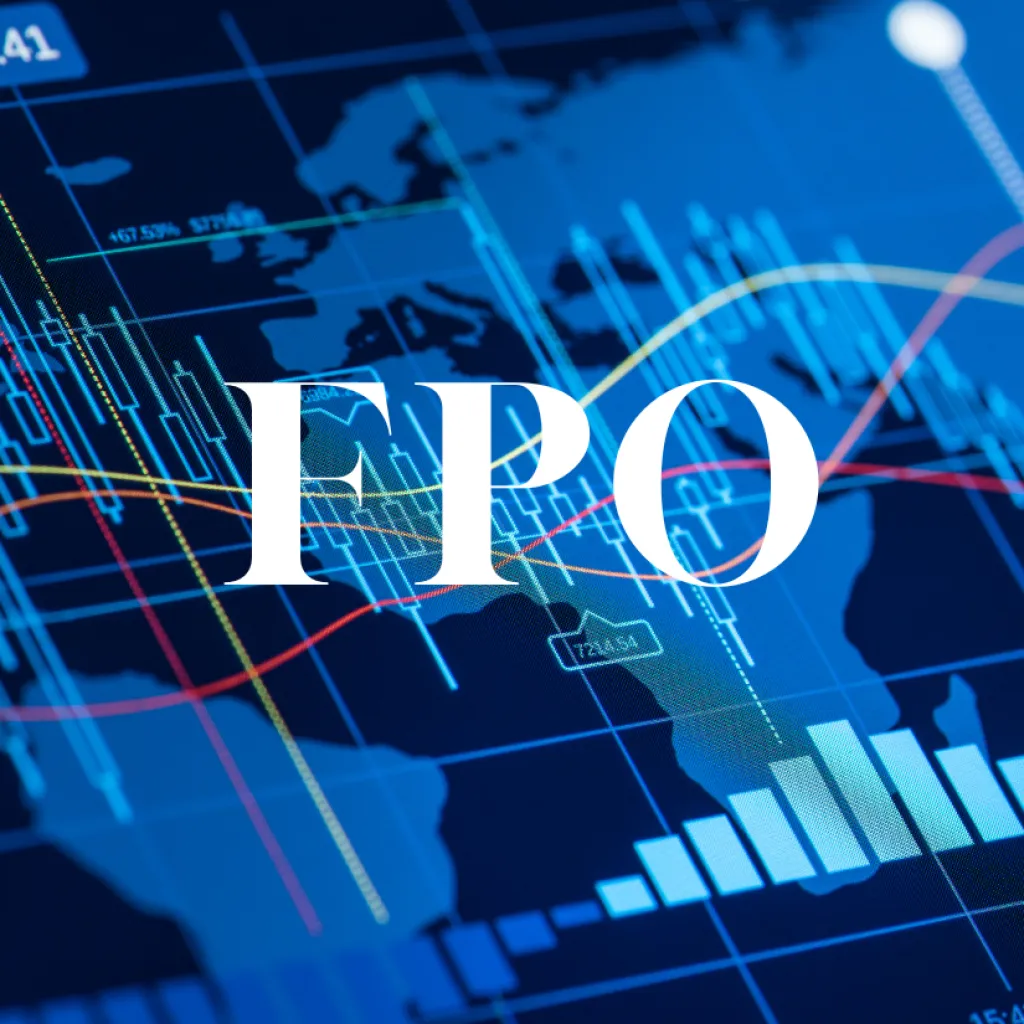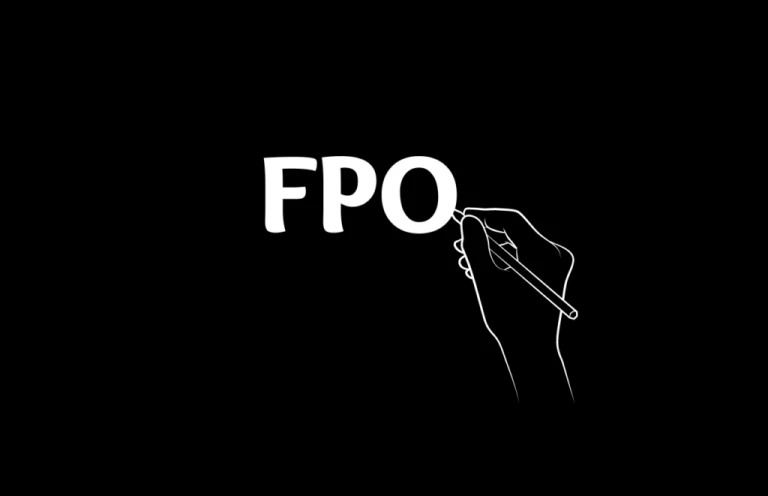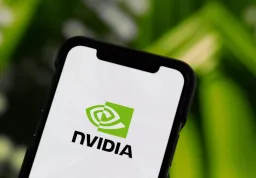FPO: What is It and Their Types?

In this blog we present you everything that you should know about Follow on Public Offer – FPO which include what it is, its types, should you subscribe to it or not. Continue for an insightful reading.
What is FPO?
The Follow on Public Offer process involves a company that is already listed on an exchange issuing new shares to investors or existing shareholders, usually the promoters. Companies use FPO to diversify their equity base. FPO is used by a company after it has completed an IPO and decides to make more of its shares available to the public or to raise capital to expand or pay off debt.
Difference Between FPO and IPO
The term IPO refers to the process by which a private company goes public for the first time by issuing shares to the general public.
This is a relatively high investment because the investor does not have the opportunity to track previous statistics or records of the company to analyse before investing.
FPO, on the other hand, is used by a company that is already listed on the stock exchange. Before making a decision, investors can use this to see market trends and track their investments.
Private entities generally use IPOs to expand their funds, whereas government entities use FPOs to cover their debts or reduce their stake in the company.
Types of Follow on Public Offer
There are two types of Follow on Public Offer that a company can conduct:
- Dilutive FPO
- Non-Dilutive FPO
Dilutive FPO – In this, the company issues more shares, but the price of the company’s share does not change and remains constant. This results in a decrease in both earnings per share and share price.
The company’s board of directors announces new public share offerings here. An FPO, on the other hand, is only used by a company to reduce debt or raise additional capital.
Non-Dilutive FPO – Non-Dilutive FPO means that the company’s shareholders sell their private shares to the public. The money is transferred directly to the individual offering rather than to the company.
As a result, the company’s earnings per share are unaffected. Why Does a Company Need an FPO? For several major reasons, a company requires a Follow on Public Offer to raise additional capital, which is accomplished by conducting a dilutive FPO in which new shares are offered. A substantial amount of money is generated.
 Follow on Public Offer
Follow on Public OfferWhat happens in a Follow on Public Offer?
The share price in an Follow on Public Offer is lower than the current market price. The primary goal of issuing shares at a lower price is to attract and retain more subscribers to the issue.
Lower demand for the share price, on the other hand, immediately lowers the market price and brings it in line with the FPO issue price.
Should you subscribe?
FPO is thought to be preferable to IPOs because it informs investors about company’s management, business practices, and potential growth. The company listed on the stock exchange is not new, investors will have handful of data to rely on. FPOs are less risky than IPOs. The price set for an IPO is below the market price. In order to persuade shareholders to invest more in FPOs.
Several shareholders participate in FPO to buy shares at lower market price, sell them to profit from the transaction. It requires extensive research to learn about the company and its past performance. As a result, it benefits risky investors by providing them with the opportunity to purchase at a reduced price.
Follow us on Instagram.









